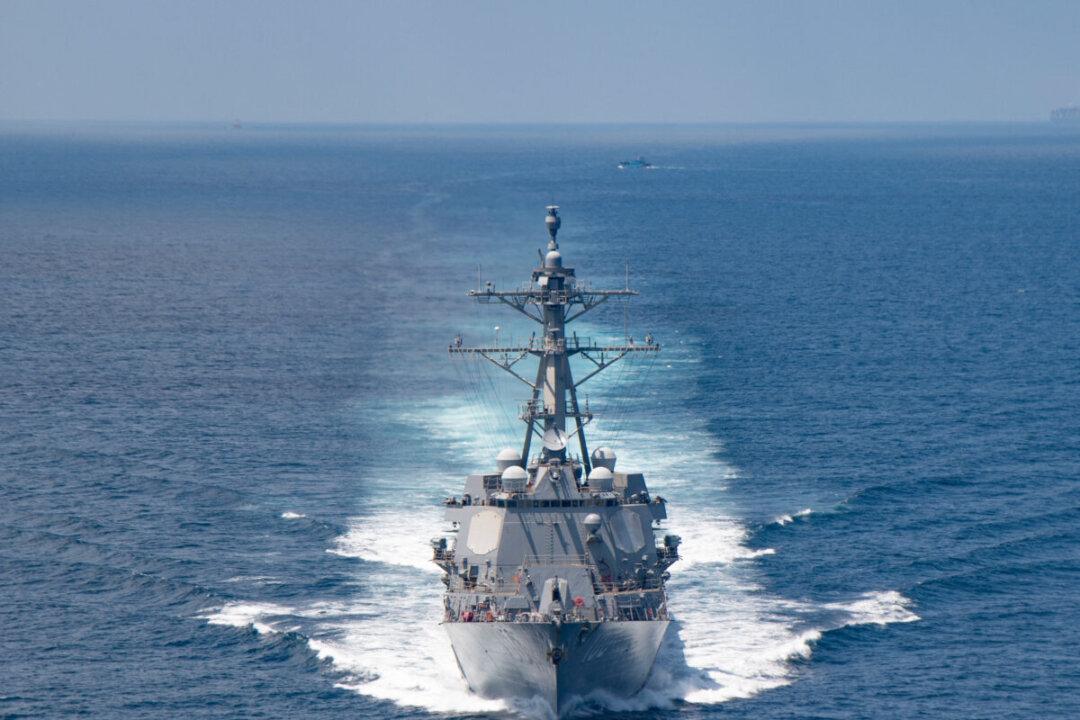The House Armed Services Committee has adopted an amendment to the proposed United States’ defense budget calling on the Pentagon to present it with a plan spelling out how it would impose a naval blockade on China.
Despite objections from Democrats and reservations voiced by several Republicans about publicly—and potentially, provocatively—discussing what amounts to an act of war, the measure was among 800 amendments approved by the committee in advancing the $874.2 billion Fiscal Year National Defense Authorization Act (FY24 NDAA) to the House floor for full chamber adoption during a marathon hearing that began June 21 and ended early June 22.





